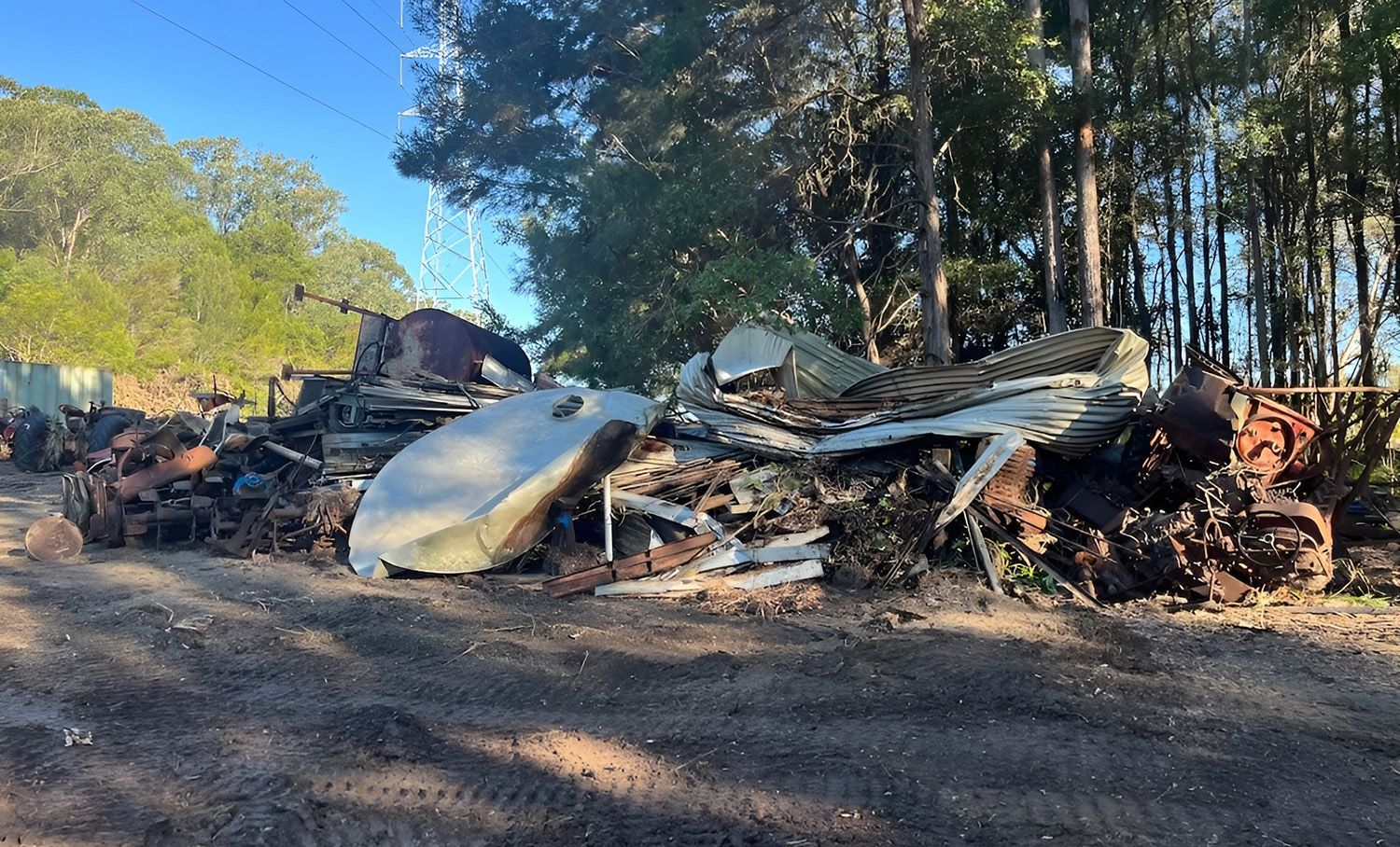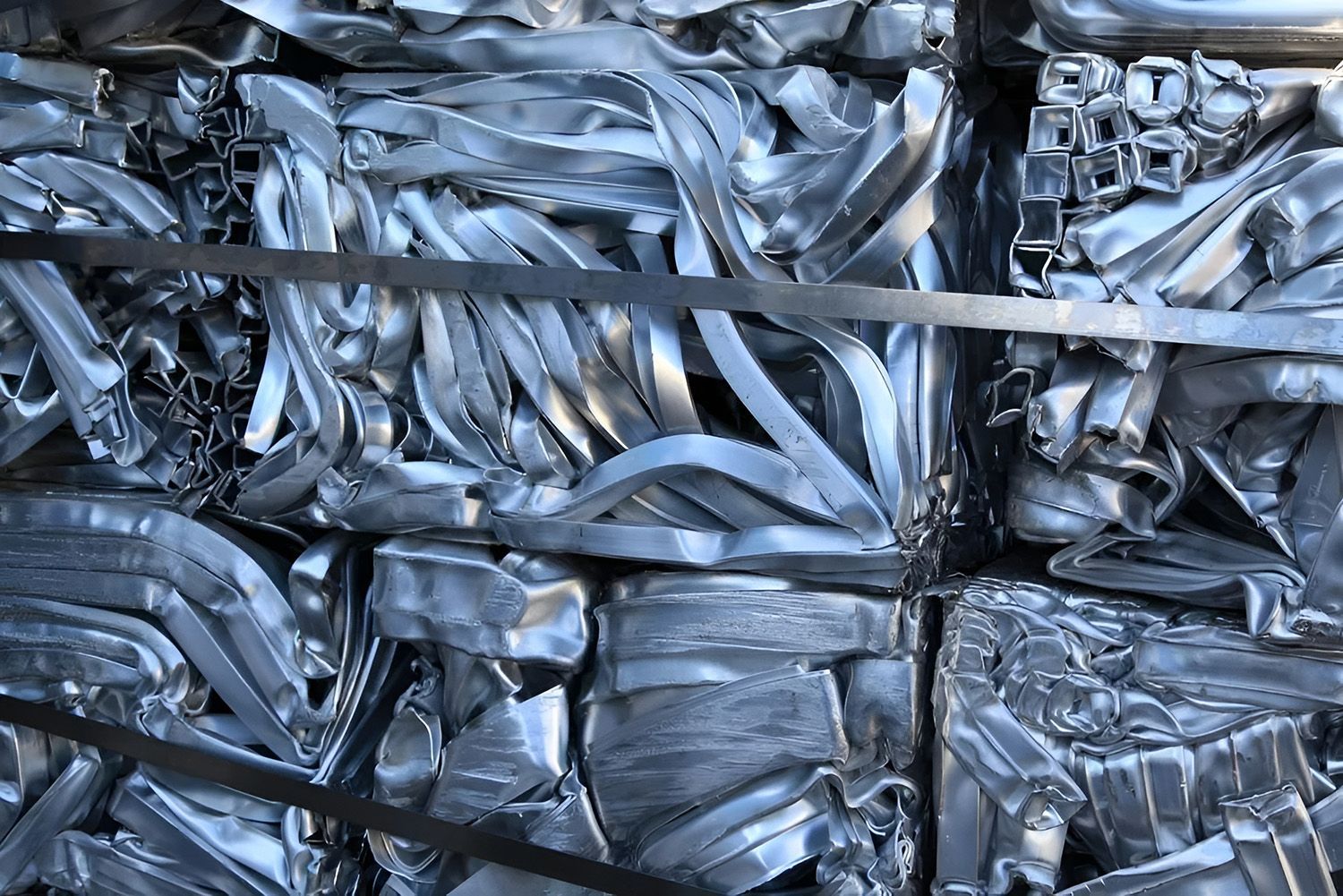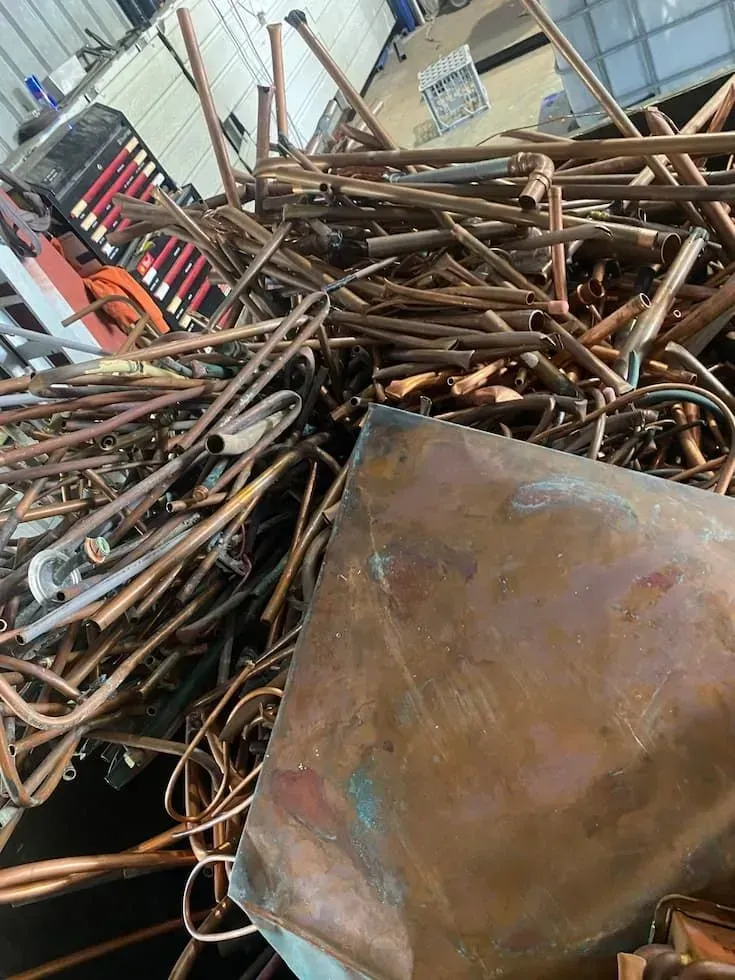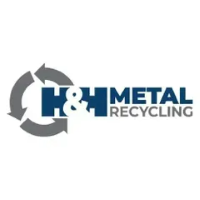The Basics Of Scrap Metal Recycling: What You Need To Know
Recycling metal isn’t just about clearing out old clutter—it’s a practical way to reduce waste, recover valuable materials, and support more sustainable manufacturing. Whether it’s an old washing machine, aluminium cans, or leftover wiring, scrap metal can be reused again and again without losing quality. That makes it one of the most important materials to recycle properly.
Understanding how scrap metal recycling works, what items can be reused, and where to take them helps ensure you’re doing your part efficiently. In this blog post, we explain the key things you should know, from sorting your metals to the environmental and economic benefits of recycling. It’s all about making metal recovery easier and more worthwhile for households and businesses.
Why Scrap Metal Matters in a Circular Economy
Metal is one of the few materials that can be recycled repeatedly without losing quality. This makes it vital to build a sustainable, circular economy where materials are used for as long as possible.
Recycling scrap metal supports this closed-loop system by:
- Reducing the need for virgin ore mining is energy-intensive and environmentally damaging.
- Conserving natural resources such as iron, copper, aluminium, and zinc.
- Providing a secondary raw material source for manufacturers, lowering production costs and emissions.
Whether it’s old roofing iron or broken whitegoods, diverting metal from landfill through local recycling centres keeps valuable materials circulating in the economy.
How to Tell the Difference Between Ferrous & Non-Ferrous Metals
Understanding metal types helps you sort your scrap more effectively and can increase your recycling return. The simplest way to categorise metals is by their magnetic properties.
Here’s a quick guide:
- Ferrous metals contain iron and are magnetic. Examples include steel and cast iron. They’re commonly found in appliances, tools, and construction beams.
- Non-ferrous metals do not contain iron and are non-magnetic. These include copper, aluminium, brass and stainless steel. They’re found in plumbing pipes, electrical wiring, gutters and drink cans.
A magnet is your best friend—keep one handy when sorting your scrap metal before drop-off.
What Happens to Your Scrap Metal After Collection
Once collected, scrap metal begins a transformative journey. It doesn’t just disappear—it gets processed and reused in manufacturing and construction worldwide.
Here’s what typically happens:
- Sorting & grading: Collected metal is separated by type and quality.
- Shredding & melting: Large items are broken down and melted in furnaces designed for each metal type.
- Purification: Impurities are removed to ensure the metal meets quality standards for reuse.
- Reforming: The molten metal is moulded into bars or sheets for future use in products like cars, infrastructure or electronics.
From old washing machines to soft drink cans, your scrap has a second life ahead.
Common Household Items You Didn’t Know You Could Recycle
Most people are surprised by the amount of scrap metal hidden in their homes. Everyday items contain valuable metals that shouldn’t be tossed into the general waste bin.
Some recyclables you might not expect:
- Electrical cords & extension leads (contain copper wire)
- Whitegoods like fridges, dryers & microwaves
- Pots, pans & BBQ plates
- Curtain rods, bikes & metal shelves
- Canned food tins & aluminium drink cans
Instead of sending these to the landfill, bring them to a local scrap metal facility and contribute to resource recovery.
The Environmental Wins of Metal Recycling
The environmental case for scrap metal recycling is strong. Recycling metal dramatically reduces the ecological toll associated with mining, refining and manufacturing raw materials.
Here’s what you’re helping prevent:
- Air pollution: Recycling steel cuts air pollution by 86% and water pollution by 76%.
- Energy consumption: Producing aluminium from recycled scrap uses only 5% of the energy required for new aluminium.
- Landfill overflow: Recycling keeps bulky metal waste out of landfills, extending the life of waste facilities and protecting surrounding ecosystems.
You’re making a measurable difference to local and global environmental health by choosing metal recycling.
How Businesses Can Benefit from Responsible Metal Disposal
Businesses generate metal waste through packaging, manufacturing, repairs, and renovations. Rather than paying to dispose of it as general waste, companies can benefit from responsible recycling practices.
Advantages for small business owners include:
- Reduced disposal costs: Metal recycling is often cheaper than landfill.
- Potential revenue: High-demand metals like copper and aluminium fetch better rates.
- Environmental compliance: Proper recycling aligns with sustainability goals and regulatory expectations.
- Space efficiency: Free up yard or storage space by offloading accumulated scrap.
From construction firms to tradespeople, there’s real value in partnering with a reliable local recycler.
The Right Way to Prepare Scrap Metal for Drop-Off
To make recycling efficient, for both you and the facility, preparing your scrap properly is key. Not only does it save sorting time, but clean metal also tends to be more valuable.
Tips to get your metal ready:
- Separate ferrous from non-ferrous metals using a magnet.
- Remove attachments like plastic casings, insulation, or rubber from cables.
- Rinse food containers like cans and trays to avoid contamination.
- Bundle wires or pipes of the same material for easier handling.
Good preparation speeds up the process and may even improve your return when dropping off your scrap.
Finding Local Scrap Metal Services Made Simple
If you’ve ever searched for scrap metal near you, you’ve likely discovered how accessible recycling services are. Many centres offer flexible options depending on your needs.
Here’s how to get started:
- Check service options like on-site collection, walk-in drop-offs, or commercial bin hire.
- Ask what they accept—some centres specialise in either ferrous or non-ferrous metals, while others handle both.
- Enquire about payouts for high-demand metals like copper or brass.
With some research, you’ll find a local recycling partner ready to make your metal disposal hassle-free.
Make Scrap Metal Recycling Easy with Us
At H&H Metal Recycling, we make it straightforward to recycle your scrap metal on the Sunshine Coast. Whether you’re clearing the shed or managing waste from a business site, we have the expertise and facilities to help. Our services are designed to be simple, sustainable, and efficient—from collection to processing.
Looking for scrap metal recycling near you? Get in touch via our contact page or give us a call to learn how we can assist with your metal recycling needs. Together, we can keep valuable materials out of landfills and contribute to a cleaner future.









